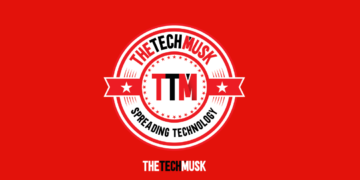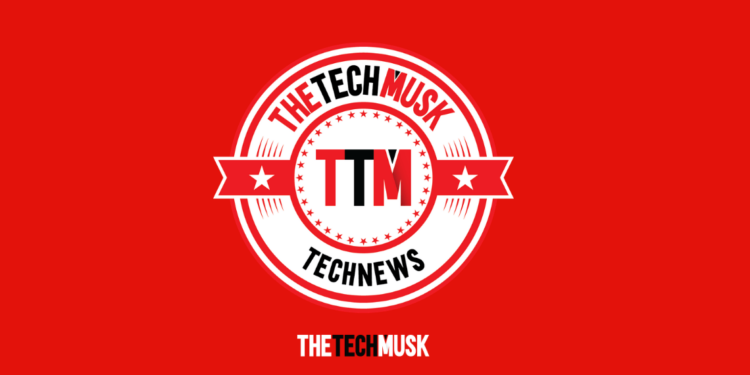The food industry globally is a gigantic food collective, distributive sector, and an immense supply chain channel. People worldwide have become more food-sensitive than before. But has the food adulteration or low food fraud stopped? There’s the only answer is- No.
Despite all the frauds, unethical practices are underlying in this sector; the food supply chain has increased across the globe. In the meantime, there are three top challenges to keep this food chain smooth and available. These are-
-Eliminating food frauds
-Protecting food safety
-Decreasing the operational cost
Current Food Market
Though the advanced technology and digitalization in the food sector have driven the market up, still consuming good food is a matter of struggle and insecurity in reality. The projected cost of food fraud is about 40 billion USD that is no longer a light issue to take. Around the globe, there are a lot of examples that prove the food supply an unsecured field. It brings not only the worse impacts on consumer health but also tags itself with unlawful acts.

One in ten people globally fall sick each year from having contaminated and adulterated food, according to the World Health Organization(WHO). The Centre for Disease Control(CDC) also has projected that around 48 million people get ill due to contaminated food every year in the US. Also, the prediction is about 100 million USD equals to the financial loss for unlawful acts and services. In these circumstances, building a supply chain more trustworthy, preventing scandals and frauds are the biggest challenges for the industry.
Supply Chain Challenges
The supply chain system in this sector has been sophisticated at this modern time. Undoubtedly, there has been unethical, improper, and fraud competition, growing everywhere. Risks and challenges, involved in the interlinked nature of the supply chain. Major challenges are-
-Ineffectiveness of supply chain management
-Increasing demand for food shipping traceability
-Lackness of transparency and ethics
-Potential food fraudulent
-Lack of better communication between food supply chain partners
-Obsolescent Technologies
-Improper end-to-end visibility
-Sudden demanding and margin erosion
Outcomes from Blockchain and IoT
Many traditional attempts from the different stakeholders, professionals in the food industry came into failure, including some tech-based solutions for the betterment of the supply chain. As a result, none of these couldn’t trace the root causes efficiently. But the potent combination of the internet of things(IoT) and blockchain has brought the root causes to us closer.
With the IoT sensors, blockchain can manipulate the functions of the supply chain that can ensure quality, safety, and hygiene. IoT sensors have a choice to keep tracking of food-producing, distributing, etc. Meanwhile, blockchain is a significant peer-to-peer network that is distributive and non-centralized. So, it offers the food sector a guarantee and transparency that can boost the trust and brand value as well.

As we know, the blockchain technology works as a shared and decentralized platform where all the transaction you put or communication you share is very transparent and visible by all the users. So, this technology enables us to look at the transactions across the network in real-time. The benefit of using it is that once any info has been shared to the blockchain through IoT sensors, it can be distributed within the network. So, there are no longer any changes to get caught by fraudulent attacks, manipulated, or hacking.
If we talk about the technology behind IoT sensor devices, there are electronic chips available such as radio-frequency identification evolves instantly. That’s how companies can attach the sensors to goods for tracking and detect potential failures. The data you can check by Blockchain technology that will make this more transparent, traceable, and standard.
Conclusion
In these processes of above, the golden opportunity is awaiting in this mega sector to make it better. This combined attempt of the new generation technology will enable this sector by ensuring tamper-proof and reliable flows that were absent before. Also, willingly work with the ethics and honesty belong to the food companies and having open-mind thinking to welcome these new technologies can mobilize the development even faster.

























